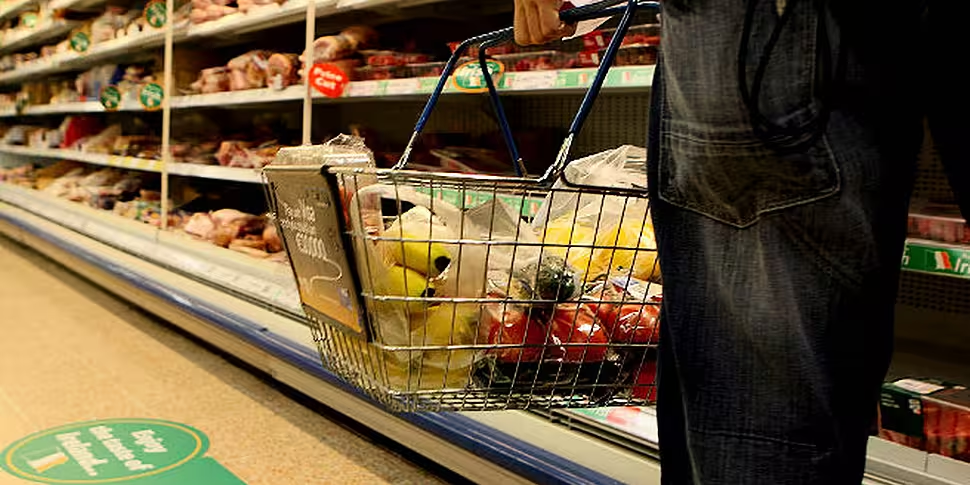A new report has found that self service checkouts are turning normally honesty shoppers into thieves.
The University of Leicester has been looking at supermarkets' move towards increasingly relying on customers to scan their own purchases - particularly the introduction of self-scanning devices and scanning phone apps.
It says that decreased human interaction is making more shoppers tempted to steal items.
Criminologists from the university found that retailers saw 122% increases in theft when items are self-scanned - to a overall shrinkage level of 3.9%.
Shoppers are often frustrated when they encounter technical problems using self scanners - technical issues also offer a ready excuse as they can shoplift and claim that the item failed to scan if they are caught.
It also creates issues for supermarket staff who need to evaluate whether shoppers are stealing good - or it they have genuinely had issues scanning goods. The report refers to this as a potential "legal and customer relations minefield."
"From the retailers’ perspective, the benefits seem obvious – less investment required in staff and checkout technologies, with the former being the biggest expense they face," Professor Adrian Beck, of the Department of Criminology said.
"For the shopper it could mean the end of checkout queues as product scanning and payment can in theory be performed anywhere in the store at their convenience. To borrow a well-warn phrase, 'what could possibly go wrong?' ... Well, our research found that quite a bit could and does go wrong, with some potentially rather worrying long term consequences," he added.
The study used data from 12 million shopping trips in four countries.
"Retailers are becoming aware of these problems and introducing ways of 'amplifying' risk in the mobile scan and pay environment, trying to ensure that all that ends up in the basket also makes it onto the receipt," the researchers concluded.









